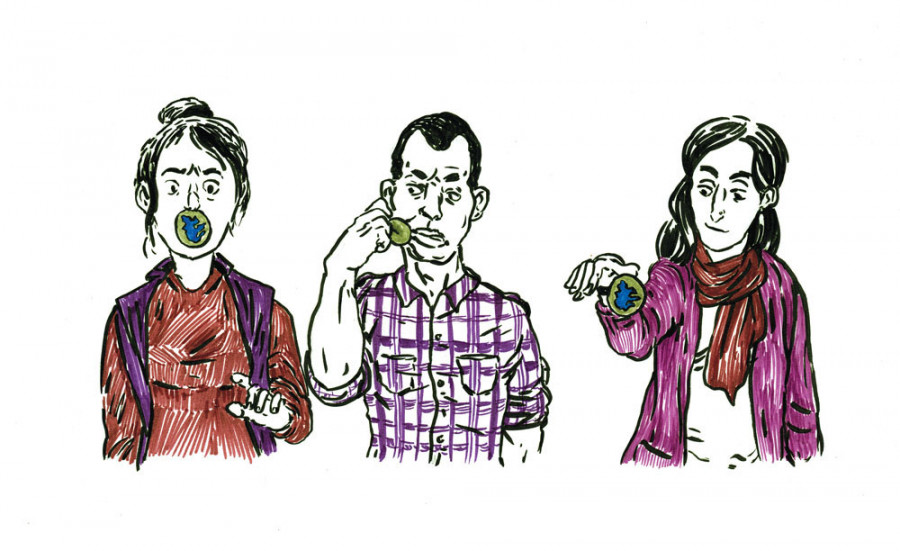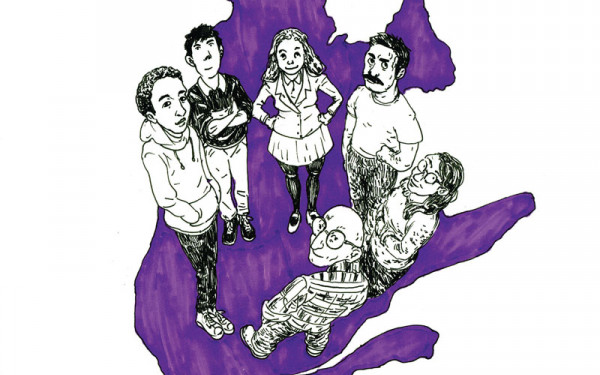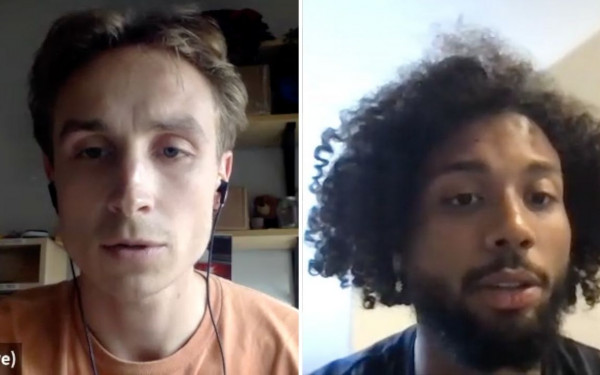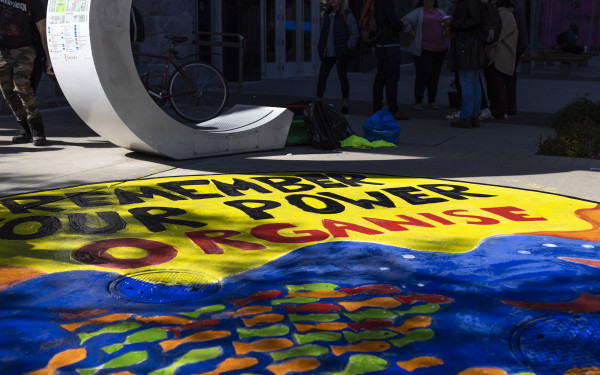Bringing Down Dividing Barriers
Quebec Must Let Go Of Its ‘Us vs. Them’ Mentality
As I sat in my Intro to Psychology class last semester, I heard the professor say the words that best described my frustration with living in Quebec.
The words were “us vs. them.” It’s a mentality described in Henri Tajfel and John Turner’s highly influential Social Identity Theory.
This theory proposes that people belong to certain social groups and have a sense of who they are based on their group memberships. These groups have sets of social rules that members will follow to be considered “us,” or to fit in.
I was born and raised in Montreal. My parents immigrated to Canada from Italy in the ‘50s. Starting over in a new country had its challenges. From the many stories I’ve heard, Italian immigrants were considered “them” for a long time. They were treated like the unwanted.
I can see why they created their own tight-knit community, protecting what was known and loved back home while fiercely securing its imaginary boundaries with social rules.They formed their own version of “us” and anyone on the outside of it was excluded, while those on the inside were conditioned to stay well within its limits. It was only once I ventured beyond the community’s circle of influence that I saw a much more open and diverse world.
It made me curious, but it was a while before I was courageous enough to break out of my community’s hold. I never did well in a box that limited me to someone else’s idea of what’s best, right or good. I needed to figure that out for myself.
Living in Quebec at large feels a lot like my childhood experience. Although I understand that Quebec has a rich history and every reason to want to hold on to their language and heritage, the approach used for doing so divides us as a population and limits us.
Quebec pours energy, tax dollars and resources into ensuring we are served in French, educated in French, and advertised to in French.
Meanwhile, there are pools of unused potential in Quebecers that are stuck in frustrated stagnation because of the state of affairs.
I’ve seen it in the cab driver who told me his story of being a medical doctor in his homeland but having to drive a cab here instead.
I’ve seen it in the nurse who has an incredible manner to help humans but his Martinique passport does not open any doors, forcing him to return to his native soil.
I’ve seen it in the autistic young adult who is a genius with animation and video games but will no longer have services to help him put this talent to good use once he’s 21 with a mental age of 14.
He’ll most likely end up on welfare, playing video games in his basement. These people are all French-speaking and able and willing to work hard. Is protecting the language truly ensuring a healthy and thriving Quebec?
Language is no longer what humans need to be protecting. What needs protecting, more than anything, is the quality of human life and the mining and realizing of human potential.
The old-school Italian community created an environment that lacked openness and failed to evolve in a new world, and Quebec has done the same thing.
In its need to conserve a language and status, Quebec has failed to acknowledge that the world is opening up and is offering ample possibilities for those willing to embrace change. It’s hanging on tightly to what used to be at the cost of great opportunities in what could be.
I guess you can say I’m a dreamer. I believe in bringing down the barriers that divide. My social identity is that I’m human. Everything else is up for grabs. I am a proud Quebecer and a proud member of the Italo-Canadian community.
I see much beauty and richness in both, but it’s their limiting and dividing rules that I no longer choose to abide by. I am fluently trilingual, but more importantly, I understand and speak the languages of collaboration, acceptance, unity and human interaction. What else do I need?
It’s time to let go of this province’s “us vs. them” mentality and create a new reality to show the world what we’re really about.





_600_375_90_s_c1.jpg)

